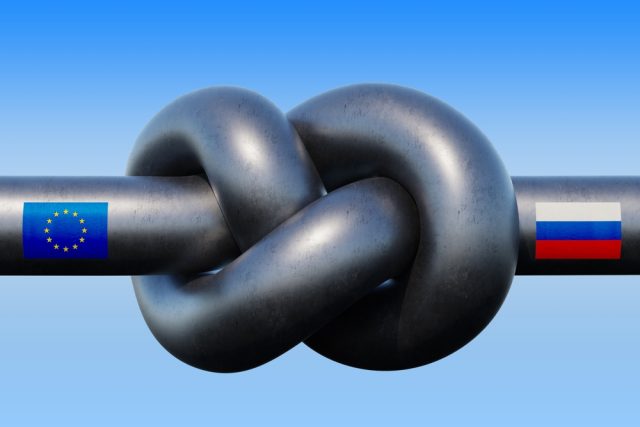
Just two years ago, no EU member state was considering extraordinary measures on gas. Today, the consequences of the war in Ukraine and Russia’s position have led the European Commission to tread new paths.
It has been a month since the European Commission proposed a 95 euro cut in the gas price cap, a proposal that raised suspicions among a large number of member states and harsh criticism.
It was precisely thanks to the push from the southern countries that last Monday, 19 December, the European Union cleared up all the doubts surrounding the future of gas prices in all member states, as it reached an agreement at coffee time to set a ceiling on the price of gas. The agreement was not unanimous, with the Netherlands and Austria abstaining and Hungary voting against.
The measure adopted has generated a battlefield within the European Commission. Reactions to the first proposals of the Community Executive launched last November, which proposed its activation when the price of gas on the TTF market exceeded 275 euros for two weeks, with a differential of 58 euros with respect to LNG, were not long in coming, as 15 of the members issued a letter to the European Commission demanding the implementation of the process, which Ribero went so far as to describe as a “bad joke”. The proposed measure was difficult to activate because the three conditions of the proposed scenario had never been met, not even when the TTF exceeded 350 euros per MWH last summer. For its part, the European Central Bank warned of the economic risks that this measure entailed for European financial stability.
The measure now adopted, called the “Market Control Mechanism”, sets a limit of 180 euros per megawatt hour (MWh) on an indicator that will take into account the main European benchmark – the Dutch TTF market – and other continental markets. Thus, the measure will be activated when the price exceeds 180 euros per megawatt hour for at least three days and the difference with liquefied natural gas is greater than 35 euros. Once activated, it will be in place for at least 20 days, during which time transactions on the natural gas futures market that are more than 35 euros per megawatt or less than 143 euros per megawatt above the reference price of liquefied natural gas will not be allowed.
One of the particularities of this correction mechanism is that it will be deactivated if in three consecutive working days the offer is below 180 euros per MwH, or in the event that the European Commission detects that there is a credible risk to security of supply or if any kind of regional emergency is detected. In this sense, Germany, more concerned about security of supply than price control, has already warned of its fear of a possible shortage of supply. In the end, Berlin has shown its support for this proposal by appealing to the solidarity shown by its neighbours in the past.



 Subscribe
Subscribe